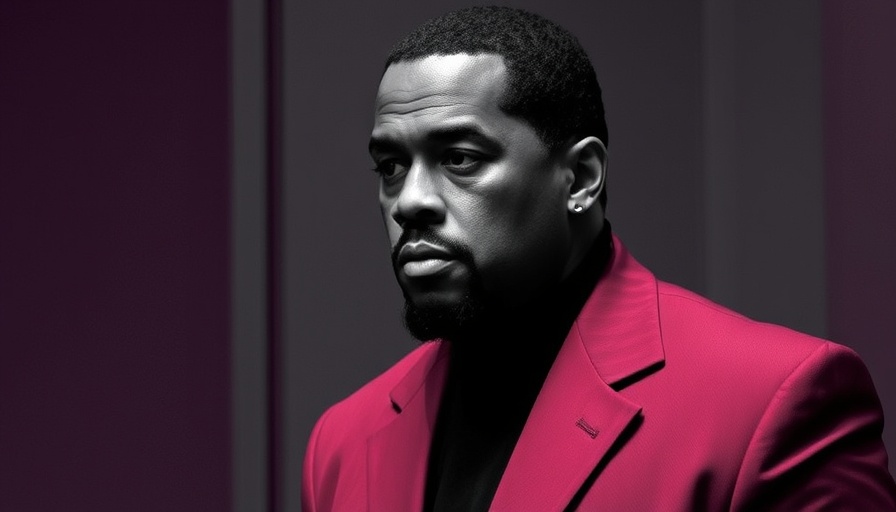
Honi Soit and the Art of De-platforming
The recent withdrawal of David Marr and Sam Maiden from the University of Sydney’s Student Journalism Conference highlights a growing phenomenon in journalism and academic settings: de-platforming. This practice, where individuals are disinvited from speaking engagements due to public backlash or ideological disagreements, raises critical questions about freedom of speech and the role of universities as forums for diverse opinions.
A Tenuous Balance: Safety vs. Free Speech
In their communication with Maiden, the Honi Soit editors expressed concerns about creating a "safe place" for their community, citing complaints regarding her past political reporting. This raises the essential question: should the fear of protests dictate who gets to speak at academic events? Marr, in his response, pointed out that a rich editorial environment thrives on acknowledging uncomfortable views, particularly regarding significant global issues like the Israel-Palestine conflict. He implored the editors to consider the essence of a university: a space where debate and discussion flourish, even if they provoke discomfort.
Critique of Cancel Culture in Academic Spaces
The decision to withdraw invitations under community pressure exposes a larger trend within academia known as cancel culture, which has garnered increasing scrutiny. Critics argue that this undermines critical thinking and the very principles of higher education, fostering an environment where only popular or mainstream opinions are entertained, sidelining essential discussions that might challenge prevailing narratives.
The Role of Journalism in University Settings
For students at a journalism conference, exposure to diverse perspectives is crucial for their development as thoughtful journalists. The actions of Honi Soit to de-platform prominent speakers like Maidens contradict the educational ideal of exploring complex societal issues. Universities should aim not only to educate their students but also to prepare them to engage with and report on a world filled with diverse, conflicting viewpoints.
Final Thoughts: The Importance of Diverse Voices
The incident serves as a reminder that in journalism and academic circles, the risks associated with free speech must be balanced with community concerns. As debates rage on about the future of public discourse in academia, it is more important than ever for students and educators to stand firm in their commitment to fostering open dialogue and challenging accepted norms. This is the time for the next generation of journalists to engage critically with media ethics, societal issues, and the evolving landscape of freedom of expression.
 Add Row
Add Row  Add
Add 




 Add Row
Add Row  Add
Add 



Write A Comment